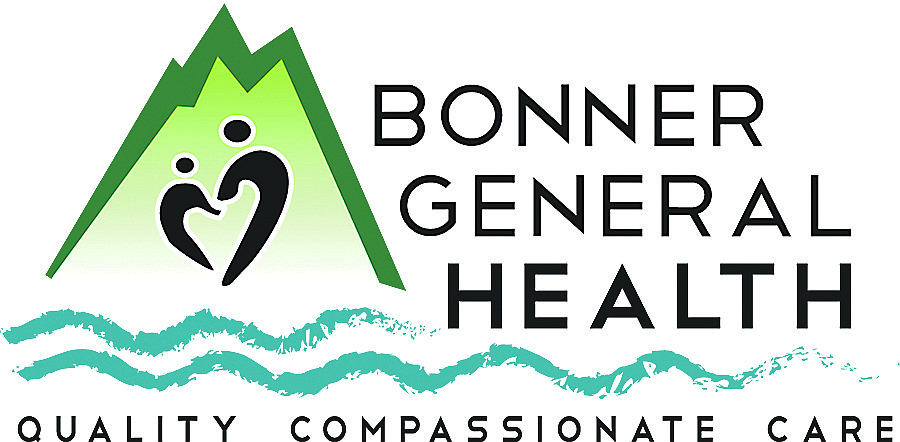November is Diabetes Awareness Month
KATHY HUBBARD / Contributing Writer | Bonner County Daily Bee | UPDATED 2 years, 1 month AGO
The woman I called my mother-in-law was actually my late husband’s stepmother. She was what one might call formidable. She was large, opinionated, and stubborn, but I liked her. When she was in her fifties, she was diagnosed with type 2 diabetes.
Although she was good at taking her insulin and other meds, she pretty much ate whatever she wanted, spent her days watching daytime television, and didn’t seem to care that she was around 50 pounds overweight.
She was surprised when she had to stop driving because she couldn’t feel her feet, angry when her vision became impaired, and furious when her kidneys got so bad she needed dialysis three times a week. She was a classic example of what not to do. She died due to complications, not the least of which was having to have both her legs amputated at the hip.
I’m telling you this because November is Diabetes Awareness Month. November was chosen because it’s the birthday of Dr. Frederick Banting. He and John Macleod discovered insulin in 1921 and received a Nobel prize for their research.
Today, the number of people being diagnosed with diabetes is skyrocketing. According to the Centers for Disease Control and Prevention, 37 million Americans have diabetes. That’s about one in ten people. And one in five people don’t know they have it.
Ninety-six million Americans have prediabetes, with more than eight out of ten who haven’t a clue. The total medical costs and lost work and wages are estimated at $327 billion. Typically, people with diabetes have medical bills that are at least twice as high as for people without diabetes.
Approximately 90 to 95% of all diagnosed cases of diabetes are type 2. The risk factors include being overweight, having a family history, and being physically inactive. If you’re diagnosed with prediabetes, losing weight by eating a healthy diet and being more active can cut your risk in half of it becoming type 2.
Until recently, type 2 diabetes was rarely seen in young people. It was labeled “adult-onset diabetes” because it most often occurred in people over 45 years old. But times have changed.
“Now, about one-third of American youth are overweight, a problem closely related to the increase in kids with type 2 diabetes, some as young as 10 years old,” CDC explains.
All people who are overweight, particularly those with excess belly fat, are susceptible to insulin resistance, which is a major risk factor for type 2 diabetes. Insulin resistance typically has no symptoms.
“Some kids develop patches of thickened, dark, velvety skin called acanthosis nigricans, usually in body creases and folds such as the back of the neck or armpits. They may also have other conditions related to insulin resistance, including high blood pressure, high cholesterol, and polycystic ovary syndrome.
In adults and children, being physically active lowers the risk because it helps the body utilize insulin more efficiently, decreasing insulin resistance. “Physical activity improves health in lots of other ways, too, from controlling blood pressure to boosting mental health,” the CDC says.
It’s important to help your children take charge of their health while they’re young. According to the CDC, “Kids who get type 2 diabetes are usually diagnosed in their early teens. One reason is that hormones present during puberty make it harder for the body to use insulin, especially for girls, who are more likely than boys to develop type 2 diabetes.”
Children of parents with type 2 diabetes are at a higher risk for the disease as well. This is most likely because poor eating habits and a sedentary lifestyle are the norm. That’s probably why my sister-in-law is prediabetic; it’s a reflection of her mother.
Talk to your healthcare provider about your and your children’s risks. You might even ask for a referral to talk to Bonner General Health’s registered clinical dietitian and registered diabetes education coordinator, Sandra Frank, MS, RDN, LD, CDCES. Those letters behind her name indicate that she’s an expert in assessing inpatients’ nutritional needs after illness, surgery, or diagnosis. She also provides counseling to adult and pediatric outpatients on Medical Nutrition Therapy (MNT), covering diabetes, weight management, oncology, cardio-metabolic and renal conditions, as well as GI health.
Kathy Hubbard is a member of the Bonner General Health Foundation Advisory Council. She can be reached at [email protected].



